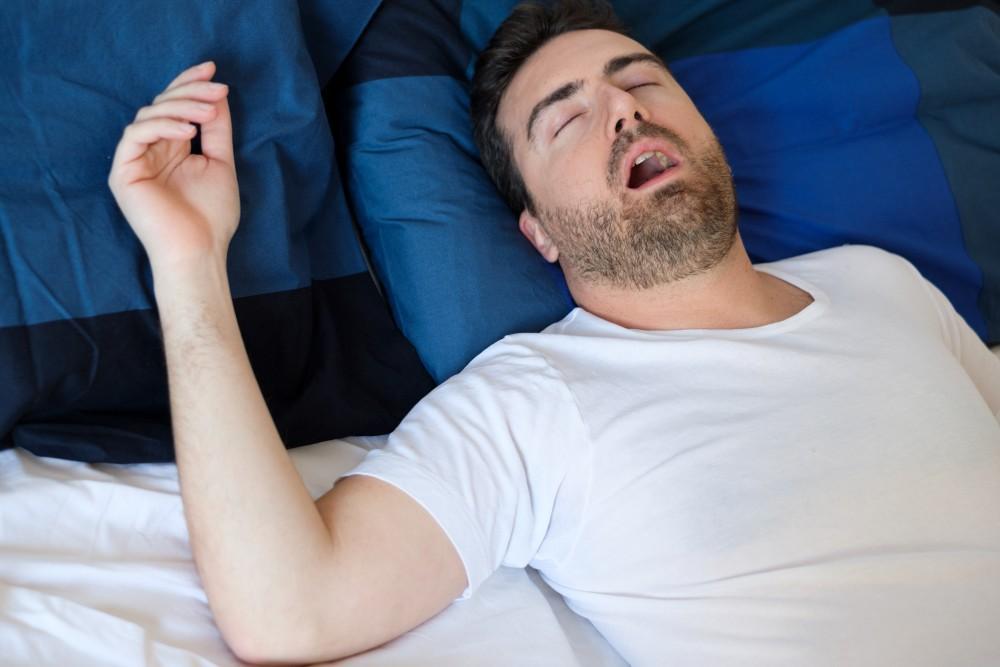
Health Risks of Obstructive Sleep Apnea

Do you wake up after a full night’s sleep and find yourself still tired? Is heavy snoring disrupting your bed partner? Do you wake up gasping for air? Do you have memory or concentration issues? If any of these symptoms sound familiar, you may be suffering from obstructive sleep apnea (OSA).
SLENT (South Louisiana Ear, Nose, Throat & Facial Plastics) has multiple locations throughout Slidell, Mandeville, and Hammond, Louisiana. Dr. Connolly and our team of expert providers can diagnose and treat many types of sleep disorders, including obstructive sleep apnea.
Obstructive sleep apnea explained
Obstructive sleep apnea is a common sleep-related breathing disorder that occurs when the soft tissue in the back of the throat collapses, and the airway becomes obstructed, resulting in an involuntary cessation of breathing. Blood oxygen levels begin to plummet, and the heart strains as it races to quickly pump blood to the brain to compensate for the lack of oxygen. According to the National Sleep Foundation, obstructive sleep apnea affects more than 18 million Americans — many of whom are undiagnosed.
Episodes of OSA happen while you’re asleep, so you’re unaware they’re taking place. Even as your blood oxygen levels sink, you won’t wake up. However, your brain will recognize you’re not breathing and trigger a physical startle response. You stay asleep, but the muscles in your throat convulse. You make a choking or gasping sound or a loud snore, and then return to breathing properly.
These events can happen several or even hundreds of times per night, with each episode lasting longer than 10 seconds. Obstructive sleep apnea can mean unending fatigue, irritability, and drowsiness while driving. OSA also increases your risk of cardiovascular disease, hypertension, type 2 diabetes, stroke, and other comorbid conditions.
Diagnosing and managing OSA
Luckily, SLENT makes diagnosing obstructive sleep apnea easier than ever by offering Home Sleep Testing! At your consultation, we perform a physical examination and a sleep assessment to determine if you qualify for this service, or if an in-lab study would be more appropriate.
Once diagnosed, therapy options will depend on the severity of your OSA. Options include PAP Therapy (Positive Airway Pressure), a Mandibular Advancement Device (custom oral appliance), or one of many surgical procedures.
Ready to get a good night’s sleep? Contact SLENT to schedule a sleep consultation with Dr. James Connolly.
You Might Also Enjoy...


4 Surprising Symptoms of Obstructive Sleep Apnea

Got Thinning Hair? Here Are 5 Treatment Options to Turn it Around

Can a Sinus Infection Lead to an Ear Infection?

Erase Lines and Look Your Best for the Holidays with Botox®

